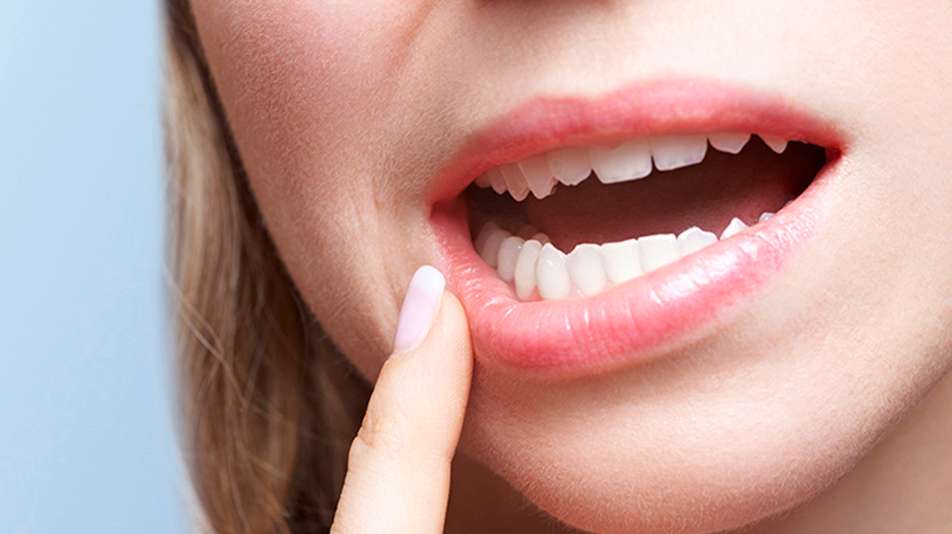
You may have noticed swollen gums due to chronic infections, such as oral thrush, a yeast infection. However, swollen gums could also be a sign of problems with other parts of your body. Regardless of the underlying disease, your dentist can identify and treat your symptoms. Here are some things to look for if you’re experiencing swollen gingival tissues.
Mouth Ulcers – Gums can swell when they are damaged or mistreated. The same way that an injured knee will swell, so will your gums. Your immune system will mobilize cells to the area, including white blood cells, platelets, and plasma, which are critical to the healing process. Besides bacteria, swollen gums can also be caused by hormonal changes.
Inflammation of the gums can be caused by several factors. One of the most common causes is plaque on the teeth. This invisible, sticky film contains bacteria, which causes irritation to the gum line, which may result in swollen gums. This condition is most likely to occur in people who neglect their oral hygiene. Moreover, poor oral hygiene can lead to the inflammation of your gums. Inflammation in the mouth can progress to a severe oral infection.
Swollen gums can also be caused by leukemia. This disease affects the blood cells and has a significant impact on the immune system. The symptoms of leukemia include swollen gums. In addition to swollen gums, you may also experience other symptoms, including fatigue, night sweats, frequent infections, and weight loss. If these symptoms persist, it’s best to visit a dentist immediately.
Your dentist may recommend treatment for swollen gums caused by cancer. You can also follow good oral hygiene habits and avoid tobacco and sugary drinks. Brushing with a 45-degree angle is essential to prevent plaque from building up in your mouth. If you have bleeding gums, it’s important to visit a dentist right away. It is important to visit a dentist every six months for proper care.
There are several reasons why you may experience swollen gums. Having a healthy mouth is very important to prevent periodontitis. The best way to prevent gum disease is to follow good oral hygiene practices. Flossing and brushing your teeth are essential for keeping your teeth and gums healthy. Using interdental brushes and floss will help you maintain a good oral hygiene routine. If you have any of these conditions, visit your dentist for treatment.
Swollen gums can be painful and uncomfortable, and it’s important to visit a dentist. Your dentist can provide you with pain relief and prevent the condition from getting worse. Swollen gums can be a symptom of underlying vitamin deficiencies, chronic diseases, or poor oral hygiene. If you are experiencing swollen gums, it is important to visit your dentist for diagnosis and treatment.
The most common cause of swollen gums is an infection. Your dentist will perform a thorough examination to determine the cause of your condition. Your dentist will also examine your gums to determine the severity. In extreme cases, surgery may be required to remove the gum. You should see a dentist as soon as you notice swollen gums. You should read the information on the website Productos de Salud to avoid gum infections.
You should visit a dentist if you suspect swollen gums. A dental exam is essential as it will allow your dentist to determine the cause of your problem. Often swollen or bleeding gums can indicate a serious infection, so you should see your doctor as soon as possible. If your gums turn red, it’s important to visit your dentist immediately to get the best treatment.
Swollen gums can be a symptom of gum disease. You should contact your dentist if you notice any of these symptoms. If you are suffering from gum swelling caused by acid reflux, your dentist will be able to prescribe the appropriate treatment. A simple treatment for swollen gums is hydrogen peroxide. Simply mix one teaspoon of hydrogen peroxide with water and swish it around your mouth for 30 seconds. Be sure not to swallow it. Apply this treatment twice a day until the swelling is gone.

Be First to Comment